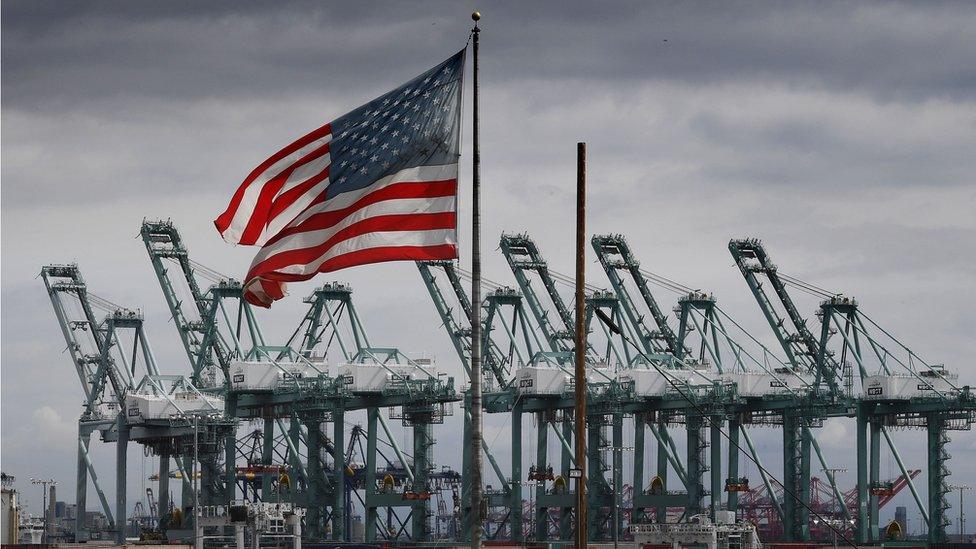Does Huawei's future lie with India after US ban?
- Published
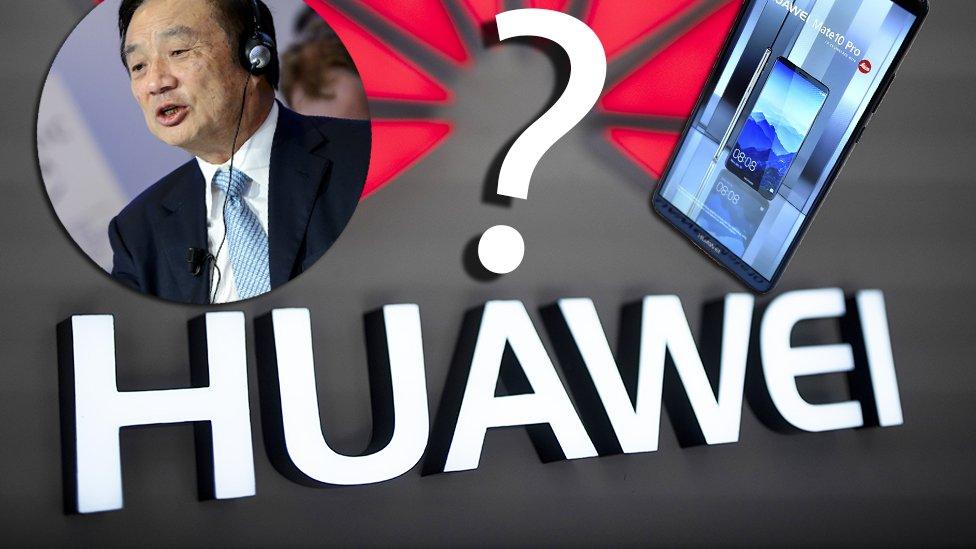
The US says Huawei equipment has back doors that would enable Chinese surveillance
Chinese tech giant Huawei, which has been banned from selling 5G equipment to US telecom companies, is making an aggressive push to market itself in India.
"It's been squeezed out of countries by a few governments already, and so a possible contract with India for 5G would be especially important," Arun Sukumar, a tech analyst at the Observer Research Foundation, told the BBC.
"It's worth noting that even though Huawei is comfortable at the moment, it will need to continue to invest across the world and into new markets in order to stay afloat - and what's a bigger market than India?"
Huawei has also been banned in Australia, and several other countries are considering following suit.
The US says Huawei equipment contains back doors that would enable Chinese surveillance.
But the company has repeatedly denied claims that the use of its products poses security risks, and says it is independent from the Chinese government.
The size of India's wireless market - dwarfed only by China - make it a vital market for any company, but the troubles Huawei is facing at present make could make India critical to its future.
The US has been pressurising India and its other allies to boycott the company and has not ruled out punitive measures against those who fail to do so.
US Commerce Secretary Wilbur Ross said during a visit to Delhi that the US hoped that its "geopolitical partner India does not inadvertently subject itself to untoward security risk".
Jay Chen, CEO of Huawei India, told the BBC's Devina Gupta that the company was even willing to sign an undertaking with the Indian government, promising that its equipment would contain no back doors as alleged by the US.
"We have read in the media that the US government is trying to lobby with the Indian government but I still believe that we should focus on what we can do and try our best," he said.
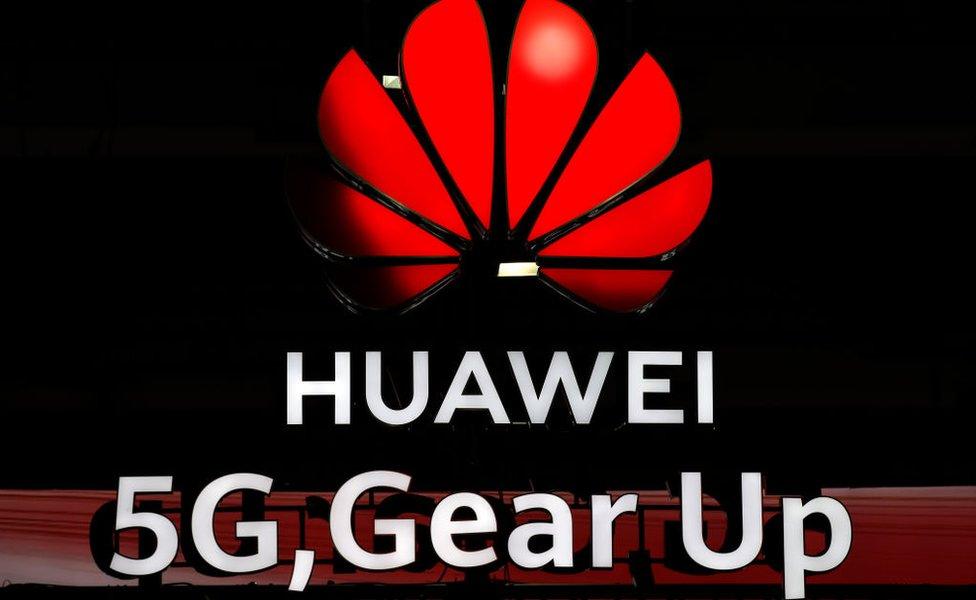
The company provides technology infrastructure to launch 5G networks
India has not commented on US charges against Huawei and has invited it to participate in its upcoming 5G spectrum trials, although a date for this has not been announced yet.
Mr Sukumar told the BBC that to exclude Huawei from the 5G process could actually prove detrimental to India.
"No more than five companies have the infrastructure to launch 5G, and Huawei's infrastructure is more affordable than other Western ones like Nokia and Erikson. India's telecom industry is already struggling, so to ally with Huawei - which could provide the service at the lowest rate - is very attractive," he said.
India does not have a homegrown alternative to Huawei's technology - and the company is well aware of this.
Mr Chen told the Economic Times newspaper that Huawei was now a vital part of India's digital ecosystem, external and that to exclude it at this stage would risk "breaking" it entirely.
"I think the loss will not only be financial but also about losing technology development," the newspaper quoted him as saying.
- Published18 May 2019
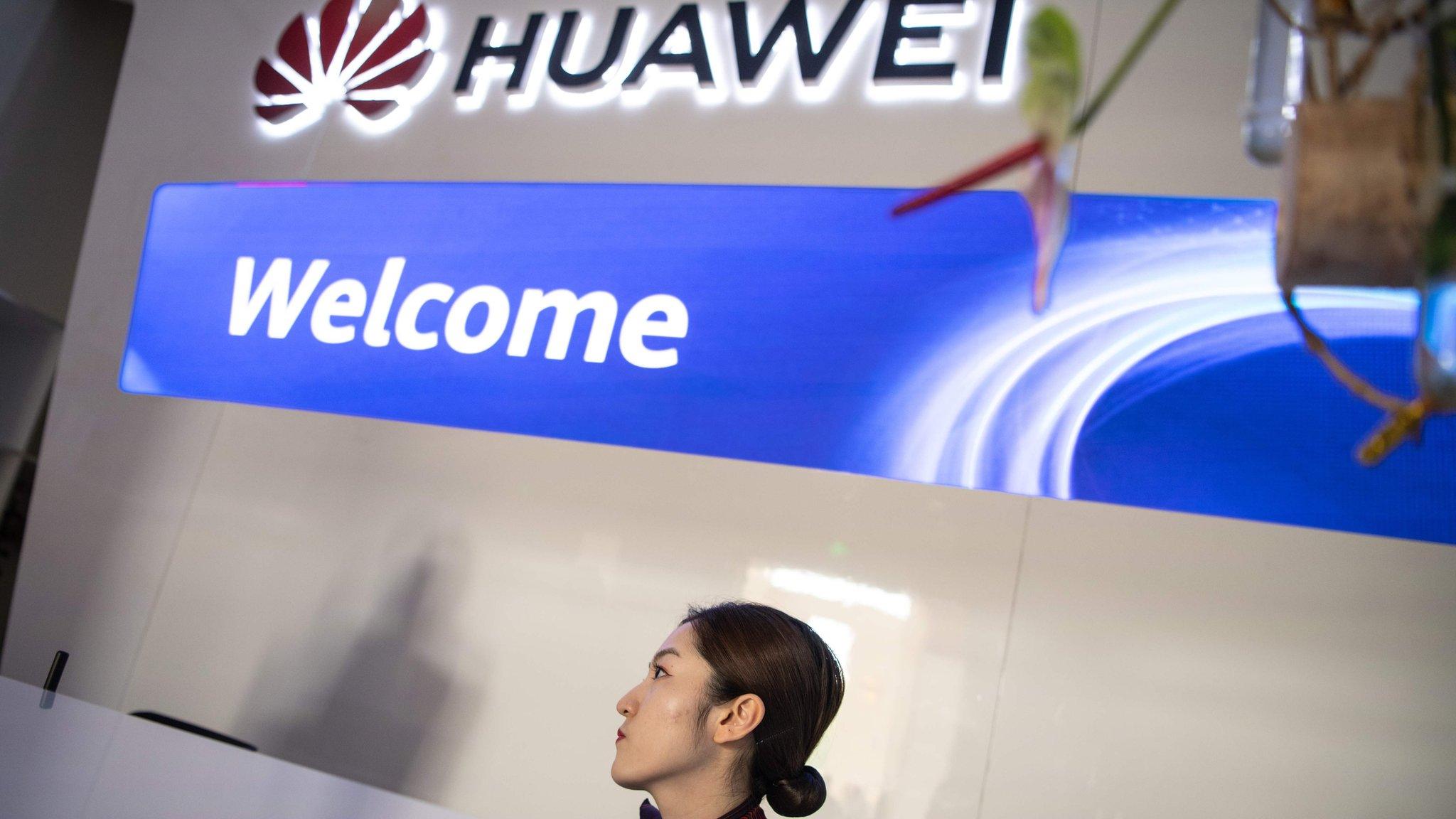
- Published14 July 2020
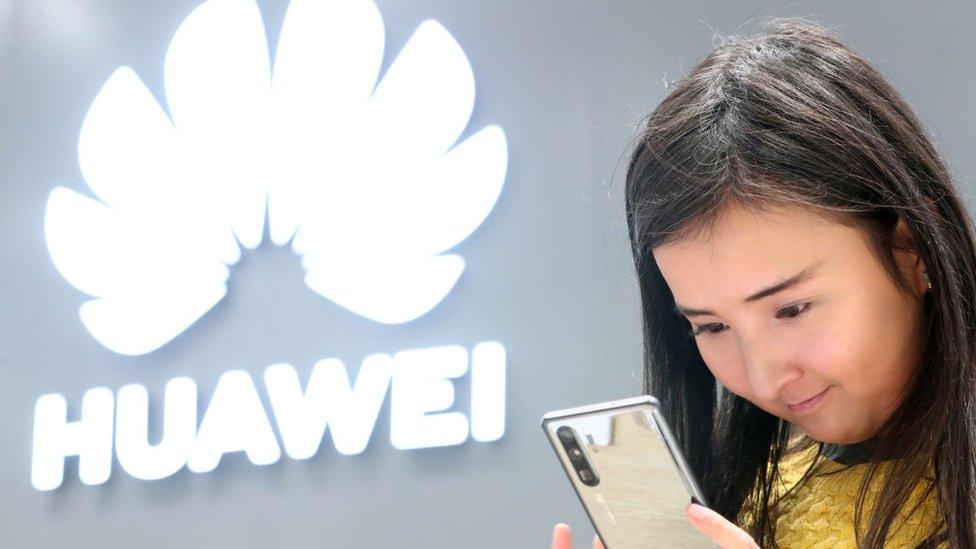
- Published30 May 2019
